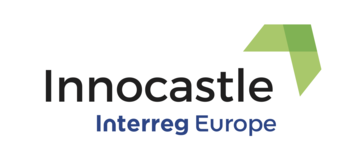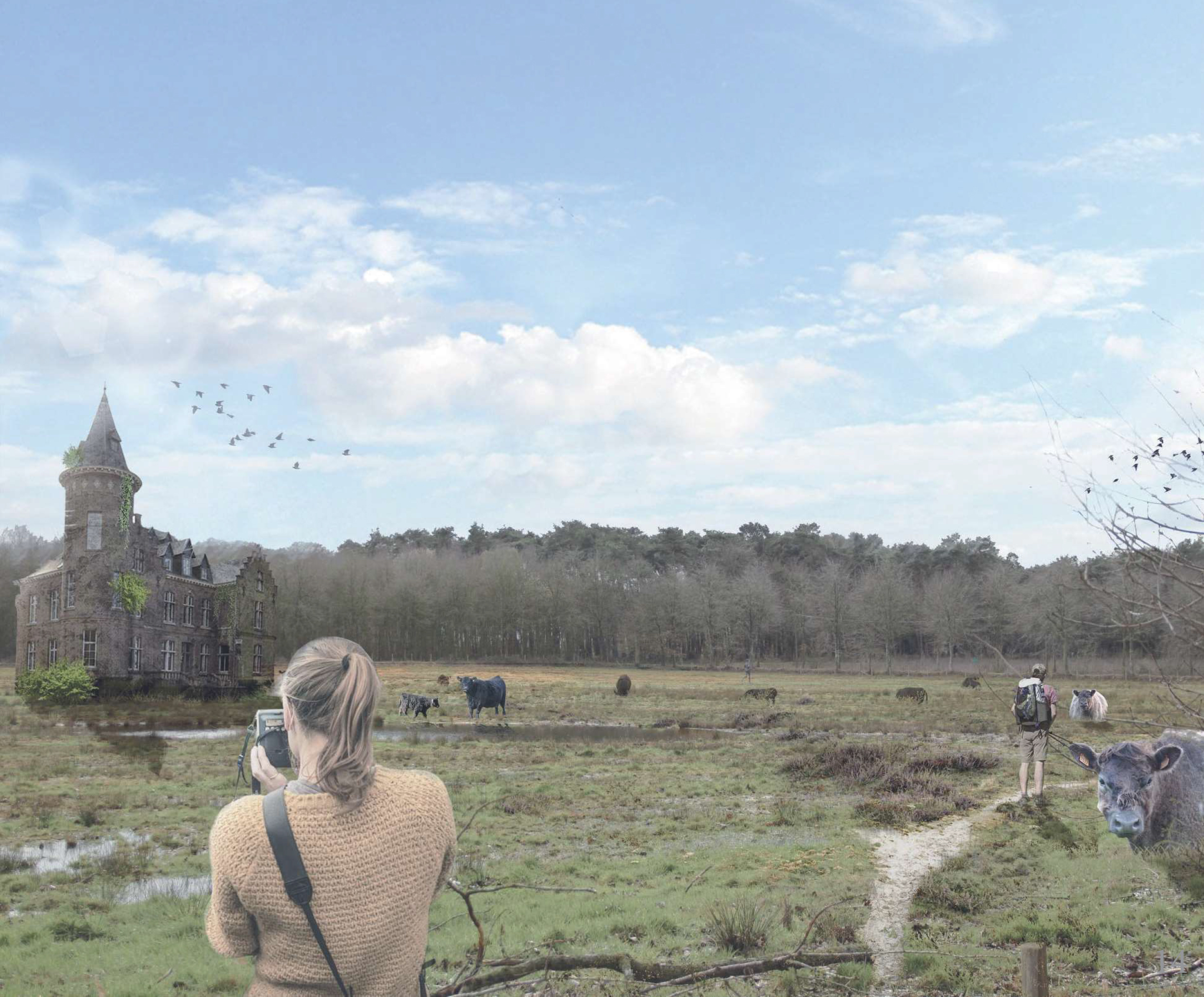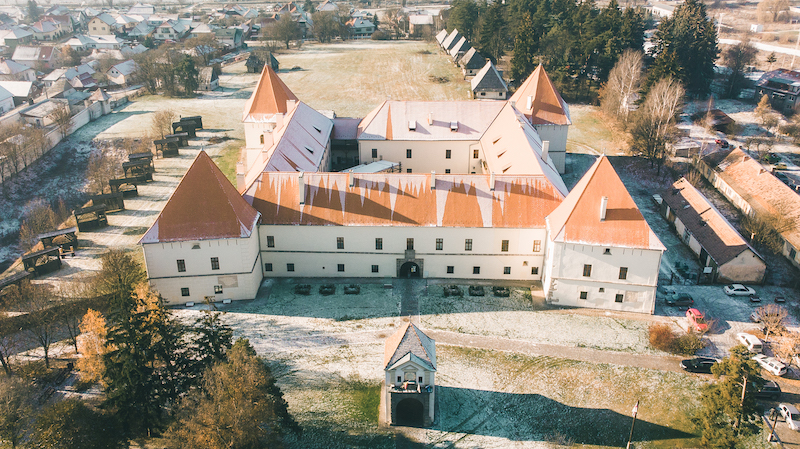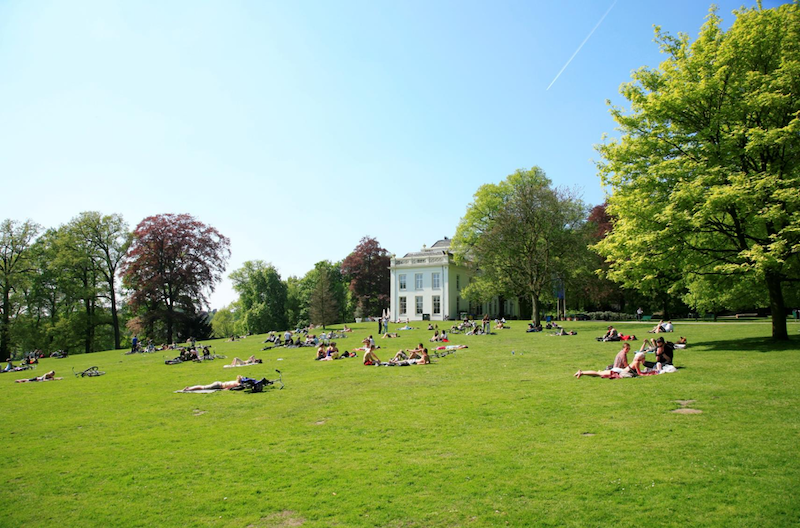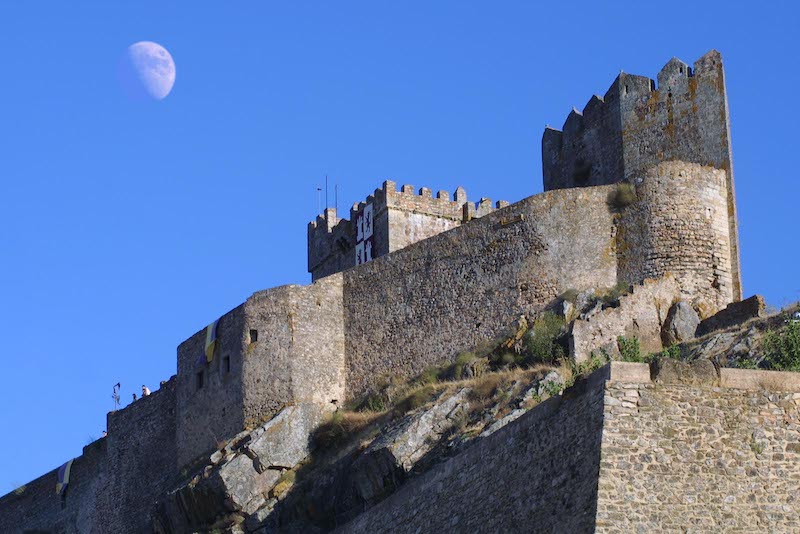The National Trust, in their role as the knowledge partner, will organise a study visit in May 2019 focused on business diversification and partnerships. The consortium will be visiting sites in Wales and neighbouring Herefordshire. The study visit locations have been selected to show a variety of historic castles and estates. All owned and managed in differing ways, all supporting their key significance and ensuring a sustainable future.
You can check out the programme brochure here.
Powis Castle and Gardens
 Once the seat of the Princes of Powys, Powis Castle became the Herbert Family home in 1578. Formally transferred to the National Trust in 1952, the castle and gardens have been gradually developed as a tourist attraction. They now attract over 160,000 visitors a year. The castle, collections and 17th century terraced gardens are internationally significant. They are owned and managed by the NT while the estate has remained in the management and ownership of the Herbert family. This dual arrangement is unusual in the UK and means that the NT and the family need to work closely to ensure both interests are recognised and met. The Clive Museum features more than 300 items from India and the Far East and is the largest private collection of its type in the UK.
Once the seat of the Princes of Powys, Powis Castle became the Herbert Family home in 1578. Formally transferred to the National Trust in 1952, the castle and gardens have been gradually developed as a tourist attraction. They now attract over 160,000 visitors a year. The castle, collections and 17th century terraced gardens are internationally significant. They are owned and managed by the NT while the estate has remained in the management and ownership of the Herbert family. This dual arrangement is unusual in the UK and means that the NT and the family need to work closely to ensure both interests are recognised and met. The Clive Museum features more than 300 items from India and the Far East and is the largest private collection of its type in the UK.
In addition to a behind-the-scenes view of the multi-layered historic castle and gardens, the visit will also look at the role of volunteering and business planning within the management of an historic estate.
More Inno-castles

Croft Castle and Parkland illustrates 1,000 years of power, politics and pleasure in an intimate family home. The Croft estate was founded by a Norman knight, Bernard the Bearded around 1055. Under orders from Edward the Confessor, Bernard built the first Croft castle to protect the English borders from the troublesome Welsh. The family continued to live here – with some intermittent periods of absence – and develop the castle until 1957. Then it made an arrangement with the National Trust in order to save the castle and estate for the nation.
The estate is a great example of how accessible castles and estates can make history for all age groups. The visit will explore the role of education and interpretation within the management of historic properties, and understanding audience. Current exhibits include the Second World War era when the castle served as a school for evacuated children
A privately-owned castle

Eastnor Castle lies in Herefordshire at the foot of the Malvern Hills on the edge of the Cotswolds. Surrounded by a beautiful deer park, arboretum and lake, Eastnor Castle is the home of the Hervey-Bathurst family. The family moved to the area in the 1590’s, and the current castle dates from 1812. The family have developed and continue to run the castle, estate and attraction. The current owner will explain his business plan and how the whole is estate is put to work.

Hay Castle, located in the town of Hay-on-Wye, is one of the few remaining great medieval defence structures on the border of England and Wales. Built in the late 12th century by the powerful Norman Lord William de Braose, its history is long and turbulent. For a large part of the 19th century the castle was lived in but was then bought and sold a number of times. Then in the 1960s it was bought by a book collector and seller (Richard Booth). In 2011 the Hay Castle Trust, a community charity, purchased the castle from Booth.
The Hay Castle Trust has received funding from the National Lottery Heritage Fund to conserve the medieval and Jacobean buildings. Furthermore, new facilities will be added such as a viewing platform, exhibition space and café. Nancy Lavin, Director of the Hay Castle Trust will meet the team to talk about the partnerships and plans that have helped save this at-risk castle.
Innocastle workshop
The keynote speaker at the Thematic Seminar will be Ben Cowell, Director General of Historic Houses. Ben will draw on this experience, as well as a civil servant working on heritage policy issues. He is also currently Deputy Chair of the Heritage Alliance and Chairman of Visit Cambridge. As such Ben will share a wealth of knowledge about innovative business diversification at heritage sites. All set against the challenges and rewards of working within the UK policy and funding context.
It promises to be an exciting and inspiring visit! Please do follow and join in the conversation using the hashtags #innocastle and #interregeurope. Check out the full programme here.
